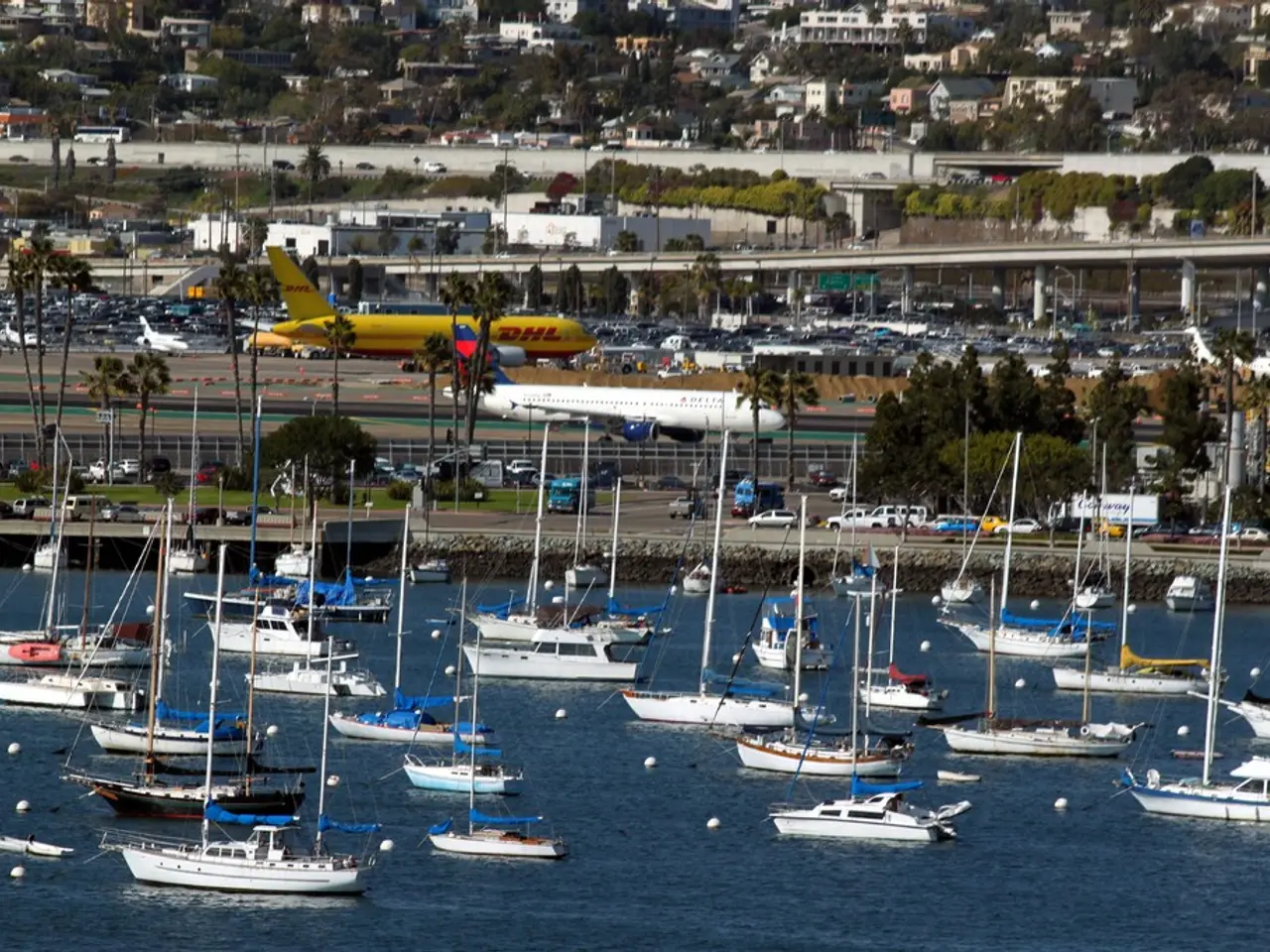Ministry of Economics expresses doubts about the German space station
The Federal Ministry of Economics is currently evaluating the possibility of constructing a launch site for small rockets in the North Sea or on land. This decision comes amidst a proposal from the BDI industry association last year to build a launch site in Germany to boost the country's aerospace industry in international competition.
However, it's worth noting that German companies and research institutions are not fundamentally reliant on a launch site within the country for microlaunchers. This is according to the latest information available.
The ministry's examination encompasses existing launch sites in Northern Europe, the Azores, and French Guiana. For instance, the Esrange Space Center in northern Sweden is rapidly advancing towards operational satellite launch capability and serves as a key platform for European space companies, including German startups with test and development facilities there. Additionally, SaxaVord Spaceport in Scotland is planned as a launch site for German company Rocket Factory Augsburg starting in 2025.
Other European and partner sites like those in the Azores (Portugal) and French Guiana (Kourou) offer established infrastructure and advantageous geographic positions for certain orbits.
Germany's commitment to aerospace is evident through startups and government funding, with over €95 million pledged towards national launchers. However, many German rocket companies are currently sourcing launch infrastructure abroad rather than building new sites within Germany itself.
The ministry's response did not provide a definitive decision on the construction of a German spaceport, leading to criticism that the federal government is resorting to excuses and half-hearted statements regarding the matter. Reinhard Houben, the economic policy spokesman for the FDP parliamentary group, criticized the ministry's response as a stalling tactic.
In conclusion, while constructing a German spaceport is economically feasible with sufficient investment and political will, it may be less economically viable compared to leveraging existing or soon-to-be operational European launch sites in Northern Europe (e.g., Esrange, SaxaVord) or French Guiana, which already serve German launch companies. The ministry’s ongoing examination likely weighs these considerations: balancing strategic autonomy against cost efficiency and existing collaborative infrastructure. The current trend is that German companies launch from nearby non-German sites while strengthening domestic aerospace capabilities.
Other European countries are also considering investing in their aerospace industries through the development of launch sites, such as in the finance sector. For instance, aerospace companies in Germany are currently partnering with finance institutions to raise capital for their operations, while simultaneously seeking launch infrastructure abroad.








